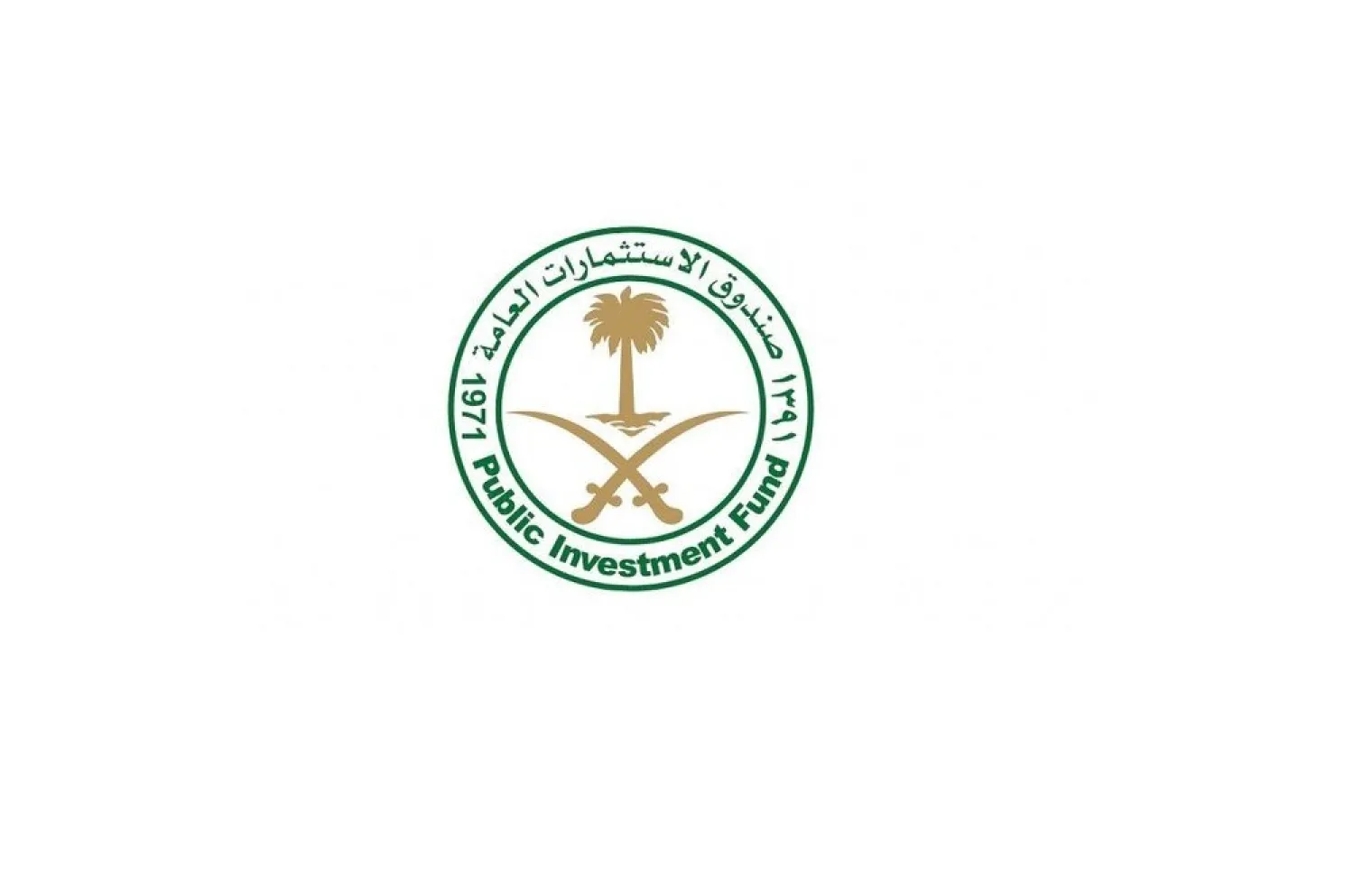The McLaren Group announced a 550-million-pound ($758 million) equity investment on Friday with much of it coming from Saudi Arabia’s Public Investment Fund (PIF) and global investment firm Ares Management.
McLaren Group includes the British supercar maker as well as McLaren Racing, which competes in Formula One and IndyCar in the United States and is also entering the Extreme E off-road electric series next year.
McLaren said PIF and Ares were providing 400 million of new capital, in the form of preference shares and equity warrants.
The rest will come from existing shareholders as convertible preference shares, allowing for repayment of a loan received in June last year from the National Bank of Bahrain.
Bahrain’s Mumtalakat sovereign investment fund is McLaren’s majority shareholder with a 62.55% stake according to its website.
“Following the strategic investment into Racing that we secured last year, this successful equity raise is a key element of our comprehensive financial strategy to support the Group’s sustainable growth plans,” said McLaren Group’s executive chairman Paul Walsh.
“With these strong foundations now in place, we are well positioned to achieve our ambitions as a global luxury supercar and elite motorsport business, with Automotive as McLaren’s core profit driver.”
McLaren had a 300-million-pound equity injection from existing shareholders in March 2020 and last April completed a 170 million pound sale and leaseback deal on its Woking headquarters.
US-based investment group MSP Sports Capital also acquired a significant minority stake in McLaren Racing last December in a deal that brought in 185 million pounds and eased pressure from the COVID-19 pandemic.
Automotive revenues in the first quarter of this year were 170.5 million pounds, a rise of 145% on the same pandemic-affected period in 2020.









